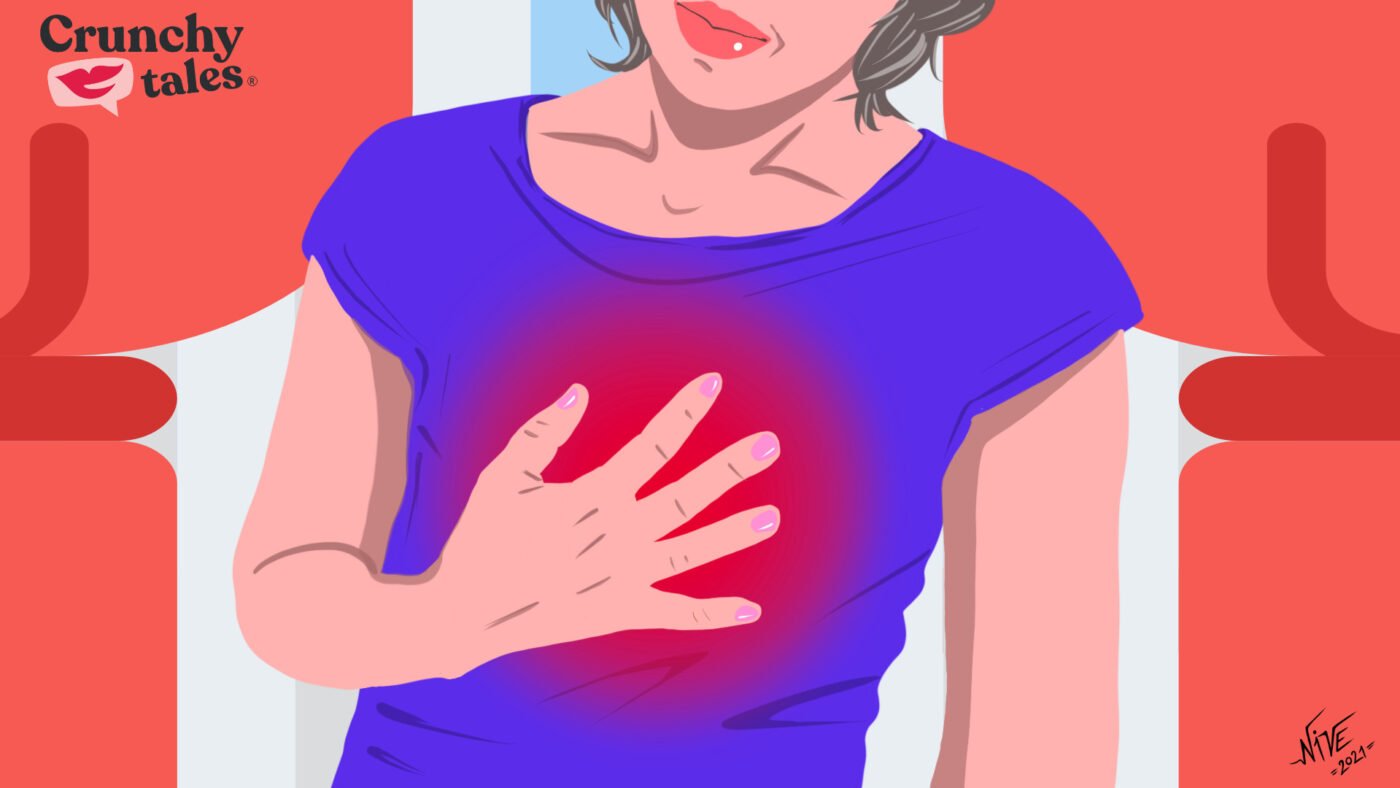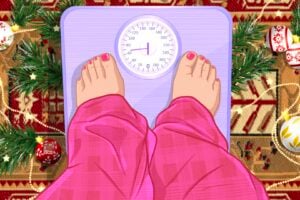Heartburn: Why It Gets Worse As We Age
Despite its name, it has nothing to do with your heart but a lot with your age and your lifestyle. Heartburn, that unpleasant sensation of burning discomfort in the chest that may occur after you eat, when you bend over, lying down or exercise, is one of the most common gastroesophageal disorders in mature people: studies show that nearly 40% of older adults have one or more age-related digestive symptoms each year and one-fourth of people over age 50 take medication for keeping it at bay.
There are several reasons why heartburn becomes more severe with age. According to scientists, one of these has to do with the weakening of the sphincter muscle which opens to allow things we swallow to go into our stomach. As we get older, it tends to relax allowing stomach acid to flow back into our oesophagus.
Also, our gastrointestinal system tends to slow down over time, meaning it takes our stomach more time to digest as we get older. And when food remains there longer, there are more chances for developing problems. Of course, carrying extra weight tends to make things worse, as well as our weakness for fatty, spicy or acidic food, sugar and alcohol.
Some medications, including postmenopausal estrogen, antidepressants, and painkillers can also work against your oesophagus.
What can you do about your heartburn?
Although some over-the-counter medications should probably take care of the problem, there is no magic formula to restore your muscle to its younger days. The best thing is to follow a healthy diet and work with your doctor to reduce that burning sensation as you age.
Don’t fool yourself into thinking medication allows you to frequently eat foods that once caused heartburn – says Dr Kyle Staller, a gastroenterologist at Massachusetts General Hospital-. If medication controls your symptoms, then it’s probably okay to have a trigger food occasionally. But if you do that too often, the heartburn will return.
Of course, changing your habits may help you control infrequent heartburn. Exercising, stopping smoking, losing weight, drinking lots of water, avoiding certain types of food (like dairy or foods that are high in fat) and taking probiotics are pretty much the standard prescription for getting this condition under control.
However, for some people, it’s not necessarily the type of food that’s consumed, but the amount of food and even the time of day it is consumed: avoiding eating three hours before you go to sleep is something mostly recommended by doctors. In other words, that means no late suppers or midnight snacks.
If spices bother you, try using only small amounts, and be mindful of blends that contain cayenne or chilli powder. Use fresh herbs instead like fresh parsley, oregano, and basil. Also, swap fatty meats like ham or bacon for breakfast with oatmeal, low-fat yoghurt with fruit or nuts, eggs, whole-grain toast or quinoa. For lunch, consider salads with protein such as chicken or beans and use extra-virgin olive oil or a yoghurt-based dressing instead of vinegar and citrus.
Natural remedies for Heartburn
If your heartburn is worse at night, changing your sleeping position may help. According to researchers from Harvard Medical School, ideally, your head should be 6 to 8 inches higher than your feet. You can achieve this by using extra-tall bed risers on the legs supporting the head of your bed or try using a foam wedge support for your upper body. Don’t try to create a wedge by stacking pillows. They won’t provide the uniform support you need.
Sometimes, you may find relief from infrequent heartburn using things you already have around the house, too. Aloe vera juice, sugar-free chewing gum (it stimulates the salivary flow rate) and baking soda are the most popular remedies.
Baking soda is OK for most people with heartburn – says Dr Jacqueline Wolf, associate professor of medicine at Harvard Medical School and author of the bestseller ‘A Woman’s Guide to a Healthy Stomach’-. Because it’s a base, it helps neutralise stomach acid.
She recommends mixing between 1/2 and 1 teaspoon of baking soda with a glass of water. But avoid making baking soda your go-to remedy if you regularly have heartburn: “it is high in salt and could cause side effects like swelling and nausea“.
What to do when you have chronic heartburn
Please note, an occasional episode of heartburn by itself is not necessarily indicative of a medical problem. However, heartburn that has you reaching for over the counter remedies more than twice per week, should be seen by your doctor. It may be caused by gastroesophageal reflux: a chronic disease that calls for continuous long-term therapy.
Like this article? Sign up to our newsletter to get more articles like this delivered straight to your inbox.





